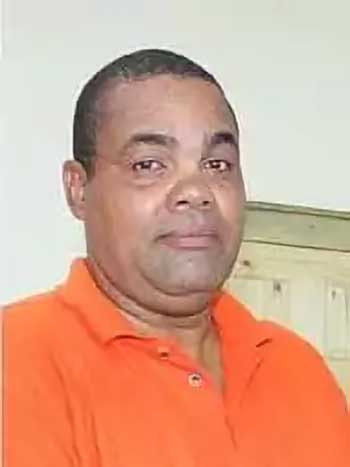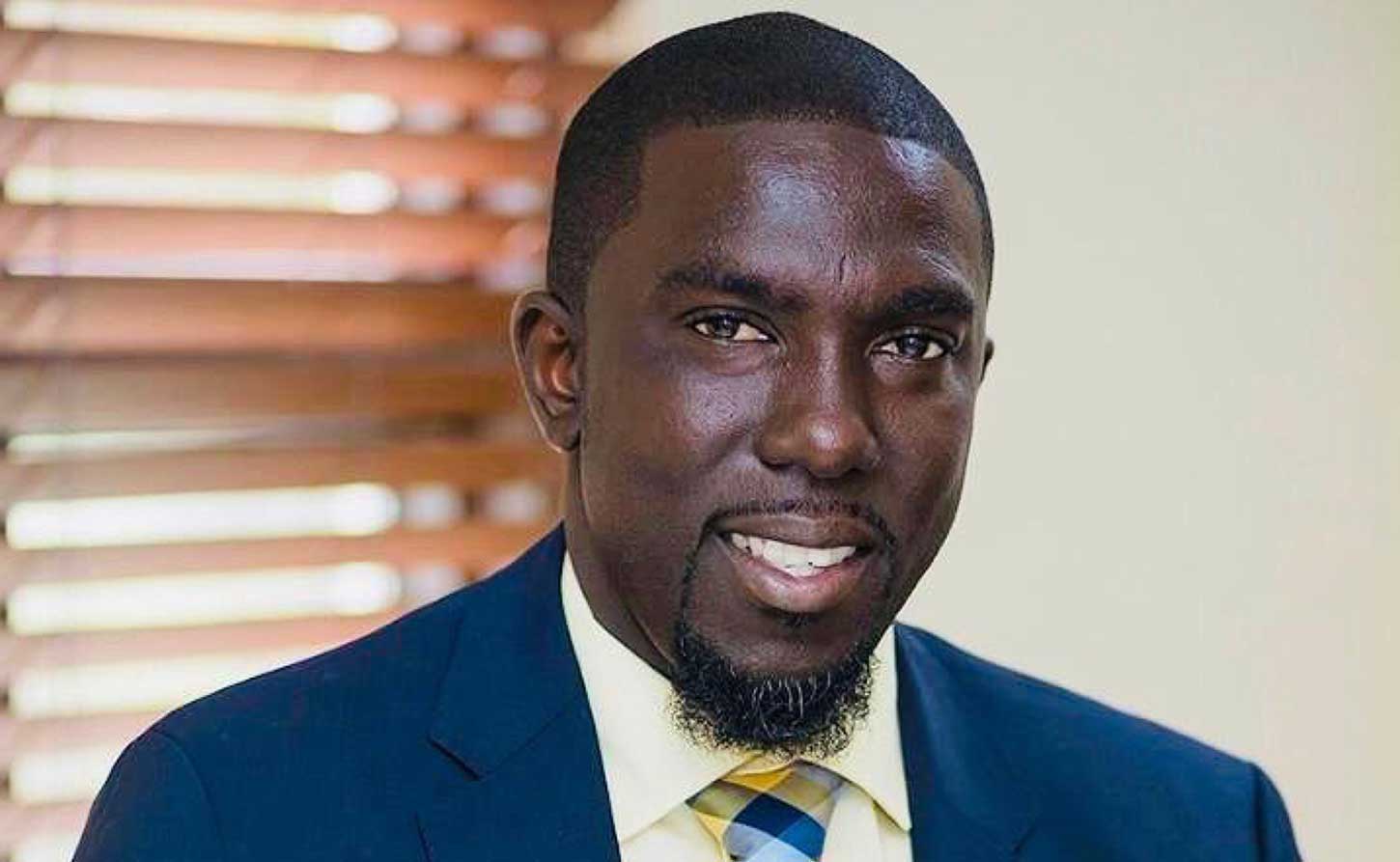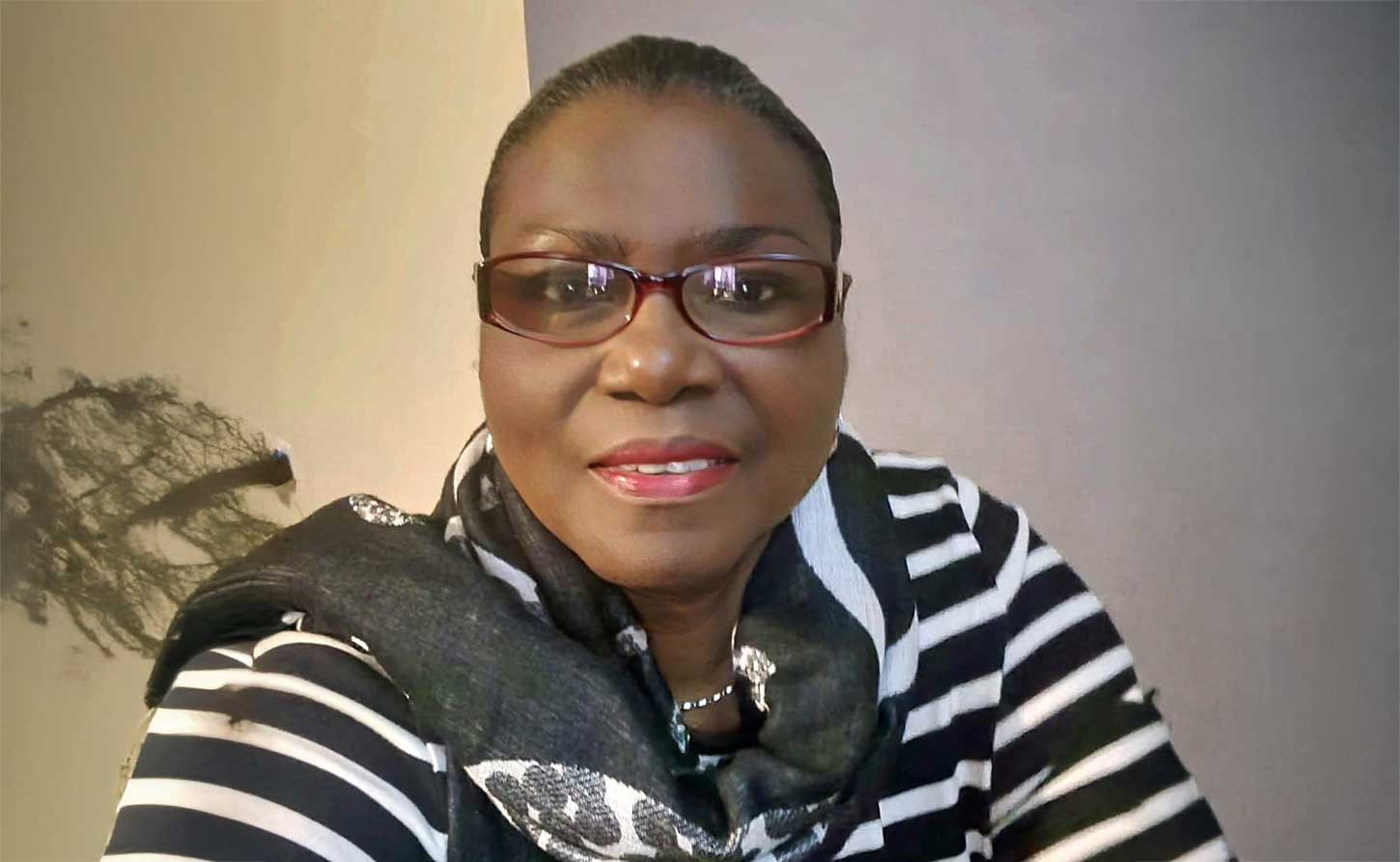ANTIGUA | When The Microphone Becomes A Weapon: Knight’s Continued Attack on UPP Leadership

The following is a response to an unsigned letter sent to the online publication "Antigua News Room," demanding that "both UPP Chairman Gisele Isaac and Political Leader Jamale Pringle step aside if the party is to stand any real chance of relevance or resurgence."
Dear Editor:
The recent letter amplifying broadcaster Dayne Knight's tirade against the United Progressive Party reveals more about the poverty of political discourse in our democracy than it does about any alleged failures of UPP leadership.
When a media personality's rant—devoid of substantive evidence and heavy on personal invective—becomes fodder for unsigned letters masquerading as political analysis, we must pause to examine what standards we're willing to accept in our public square.
The Emperor's New Evidence
The letter writer breathlessly recounts Knight's "scathing rebuke" and "bold call" for leadership changes, yet conspicuously fails to present a single verifiable fact supporting these inflammatory claims. Like a theatrical magician, Knight appears to have convinced some observers that accusations alone constitute evidence, that volume can substitute for substance, and that broadcasting bluster equals political insight.

The letter offers none of these details because Knight's performance art provided none. Instead, we're treated to a potpourri of character assassination dressed up as political commentary—a particularly unappetizing dish that says more about the chef than the intended meal.
The Credibility Conundrum
Perhaps most revealing is Knight's admission that Observer Radio has been "deceptively spinning stories to accommodate the United Progressive Party."
If true, this confession raises uncomfortable questions about Knight's own complicity in the alleged manipulation he now condemns. One cannot simultaneously claim to be both perpetrator and whistleblower without inviting skepticism about ulterior motives.
The timing of these revelations—coming from someone ostensibly employed by the very organization he accuses of editorial misconduct—suggests either remarkable moral awakening or calculated opportunism.
Viewers might reasonably wonder whether Knight's newfound principles emerged from genuine conviction or from professional frustrations seeking public ventilation.
Financial Fiction and Professional Responsibility
The allegation regarding unpaid political advertising deserves particular scrutiny, not for its potential truth but for its reckless presentation.
Making serious financial accusations without documentation, investigation, or right of reply violates basic journalistic ethics.
If Observer Radio indeed aired substantial UPP advertising without compensation, this would constitute either extraordinary generosity or mismanagement worthy of shareholder inquiry—neither scenario reflecting poorly on the party that received the service.
Moreover, Knight's promise to "get the recordings" regarding other allegations suggests he currently lacks the evidence for claims he's already broadcast. This cart-before-horse approach to fact-gathering undermines his credibility while potentially exposing his employer to legal liability.
Leadership Under Fire: The Democratic Test

The call for their resignation—based entirely on one broadcaster's subjective assessment—represents a fundamental misunderstanding of democratic accountability. Leaders answer to party members and voters, not to media personalities seeking content for their programs. If Knight wishes to influence UPP direction, he's welcome to join the party and participate in its democratic processes rather than lobbing grenades from his broadcasting booth.
The Broader Concern: Media Responsibility in Democratic Discourse

When broadcasters abandon their role as neutral facilitators of democratic debate to become self-appointed kingmakers, they undermine both their professional credibility and democratic governance. Knight's performance represents the weaponization of media platforms against democratic institutions—a dangerous precedent that should concern all citizens regardless of party affiliation.
The Real Challenge: Elevating Political Discourse
Antigua and Barbuda deserves better than character assassination masquerading as political analysis. Our democracy flourishes when criticism is substantive, evidence-based, and constructive. The UPP, like all political organizations, benefits from legitimate scrutiny and honest assessment of its performance and positions.
But we must distinguish between accountability journalism and entertainment masquerading as news. The former strengthens democracy; the latter corrodes it. Knight's theatrical denunciations may generate listener engagement, but they contribute nothing to the serious work of democratic governance.
Conclusion: Beyond the Echo Chamber
The letter writer concludes that "the illusion of unity between the UPP and Observer Radio has shattered." Perhaps this is precisely what was needed—not unity between media and political parties, but the proper distance that allows independent journalism to flourish. If Knight's outburst results in clearer separation between editorial and political interests, it may serve democracy well, albeit through entirely unintended consequences.
The UPP will continue its work representing constituents and offering policy alternatives, undeterred by broadcasting theatrics or unsigned letters repeating unsubstantiated claims. Democratic politics requires resilience in the face of unfair attack and commitment to principles beyond personal convenience.
Antigua and Barbuda's political future will be determined by voters weighing serious policy options, not by media personalities throwing public tantrums or letter writers amplifying their echoes. This is as it should be in any healthy democracy.
Regards,
Dave G. Welsh
A Concerned Democratic Citizen
